Gardening for Healthier Communities
The DNA (Developing Neighborhood Agriculture) Initiative’s mission is to support community based health programs for growing urban communities, bring awareness to fresh food resources, share lessons, and build solidarity through global partnerships.
Background
In many urban communities areas, there is a shortage of grocery stores and fresh organic fruits and vegetables. This is especially true for low income communities. The nearest grocery stores are not within convenient travel distances and healthy food options are scarce or non-existent. These are areas are commonly referred to as food deserts. While one solution is to expand and retain grocery stores that can provide healthier options (like fresh fruits and vegetables) in many cases, poor economic conditions have driven grocery stores out of urban areas.
According to a study conducted by the Economic Research Service of the US Department of Agriculture, approximately 2.3 million people live more than one mile away from a grocer and do not own a method of transportation. In lower income communities, access to public transportation has shortened the distance, but making the trip sometimes means taking several buses or trains. Once the shopping is done and it’s time to return home, carrying in one attempt and loading a full cart of groceries into an already crowded bus can be difficult. Waiting passengers become impatient, space is already limited, and leaving bags full of groceries on the floor of the vehicle can be a hazard for everyone. Private methods of public transportation are often more expensive and too pricey for an already strained income.
The only option for meals come from fast food restaurants with no healthy menu options. Fast food restaurants seem to exist on every corner in low income communities. But even more prevalent are liquor stores who only offer beer, hard liquor, fattening snacks, and cigarettes.

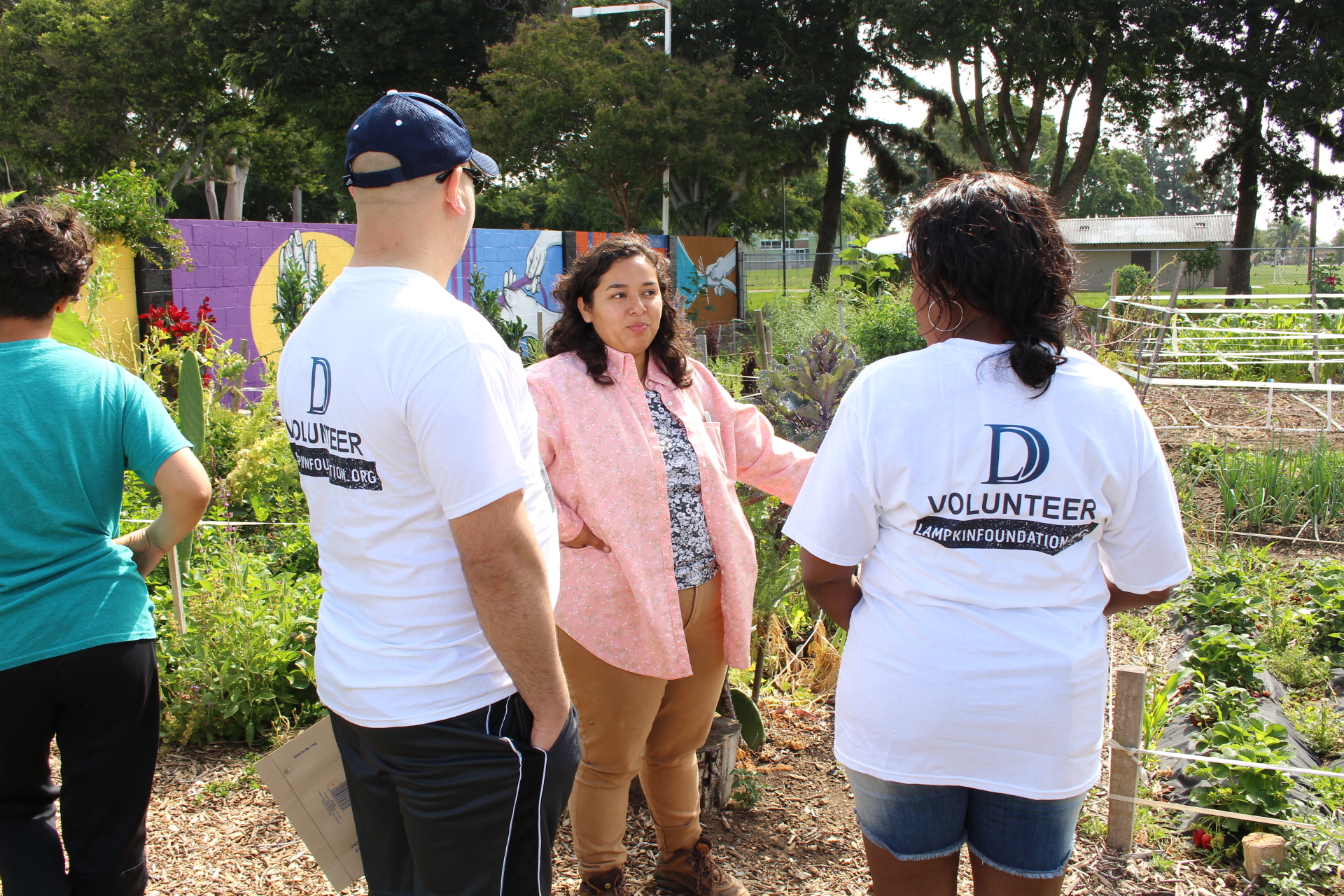
How It Happens
The DNA (Developing Neighborhood Agriculture) Initiative provides support to community farms by providing support for local agriculture projects in communities identified as lacking fresh fruit, vegetables, and other healthful wholefoods. We are transforming how families gain access to affordable nutritious fresh fruits and vegetables in urban communities.
Our goal is to partner local stores with community farms and provide a market for local community farmers to sell their produce. Through a cooperative agreement, we hope to offer liquor stores incentive’s to sell fresh fruits and vegetables. Liquor stores tend to be well established and prolific in neighborhoods and, if provided with the resources, can re-purposed as a positive fixture in communities. Not only is there an opportunity to improve their pubic image but provide groceries for those in desperate need of fresh food within walking distance.
The Lampkin Foundation volunteers participate in harvesting projects in local community farms and link master farmers with local markets. The Lampkin Foundation also advocates for cities to turn unused space into community farms where members of the community are allowed to grow and harvest their own fresh food.

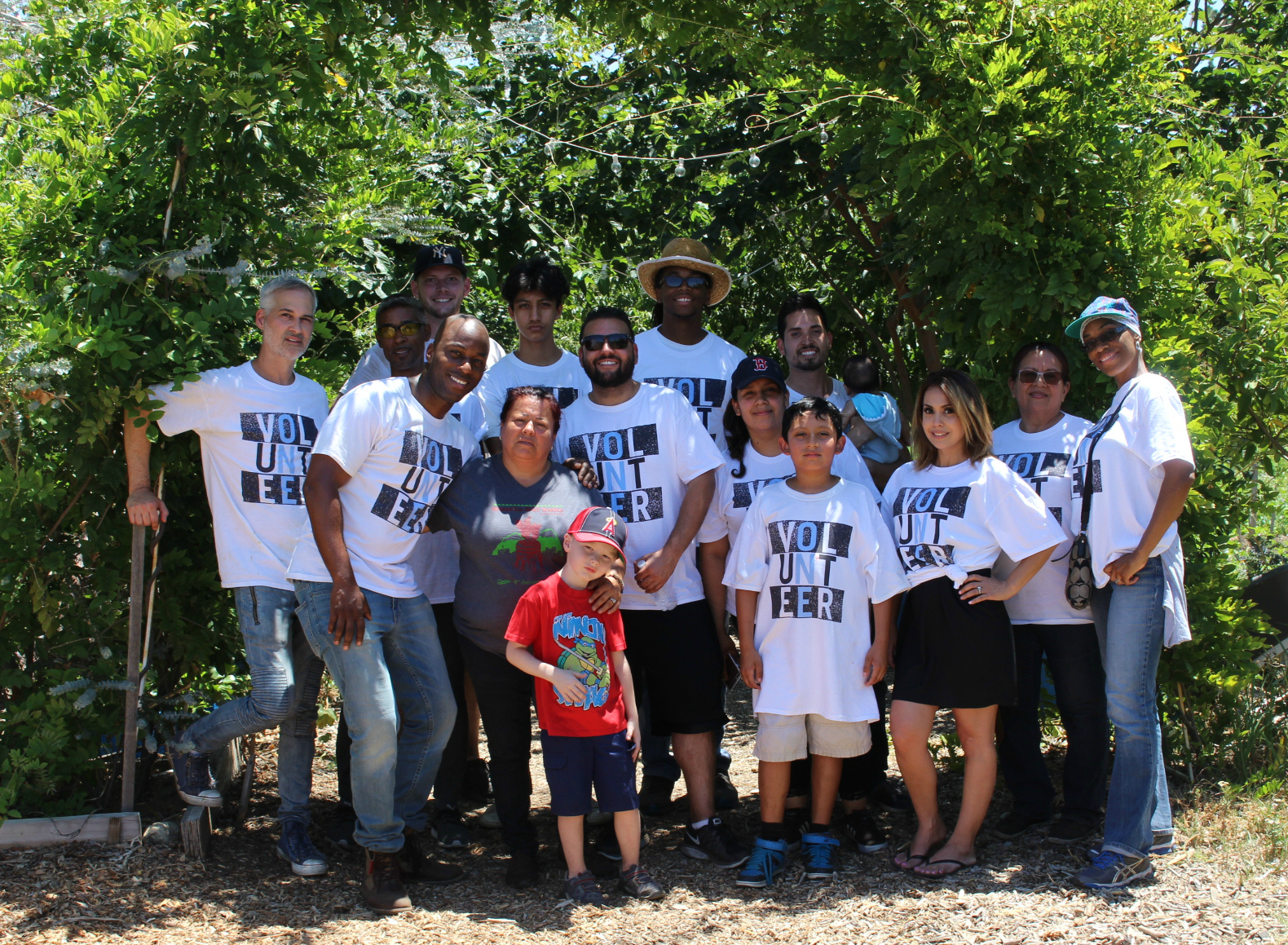
Participate
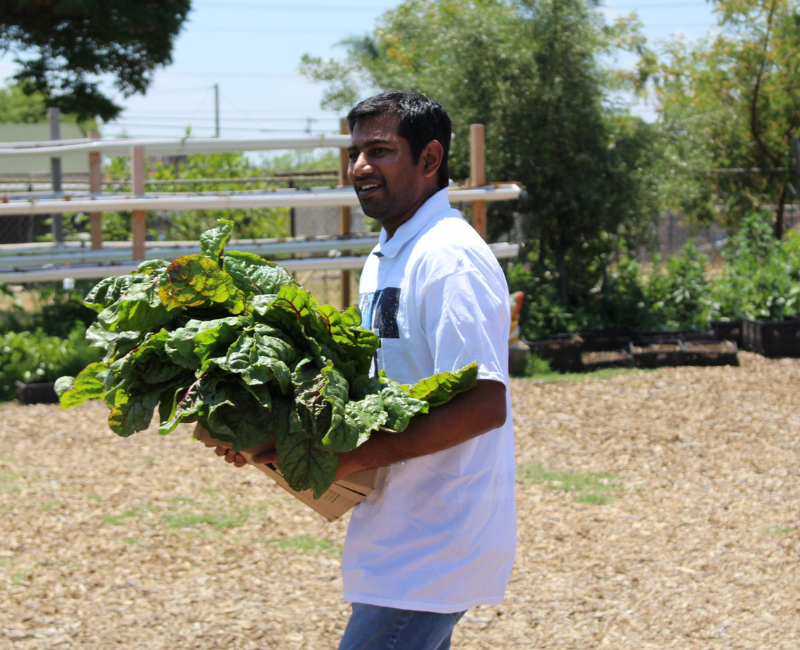
Discover
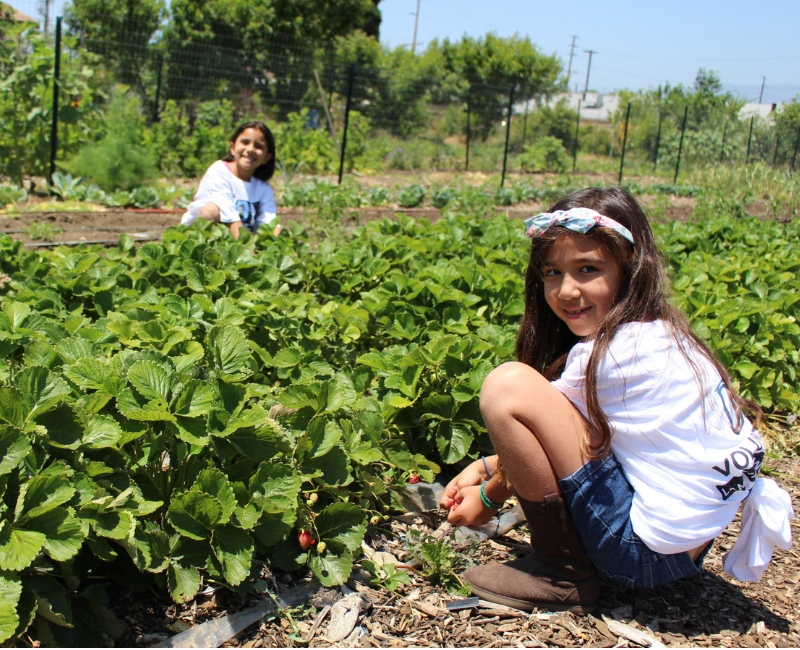
Contribute
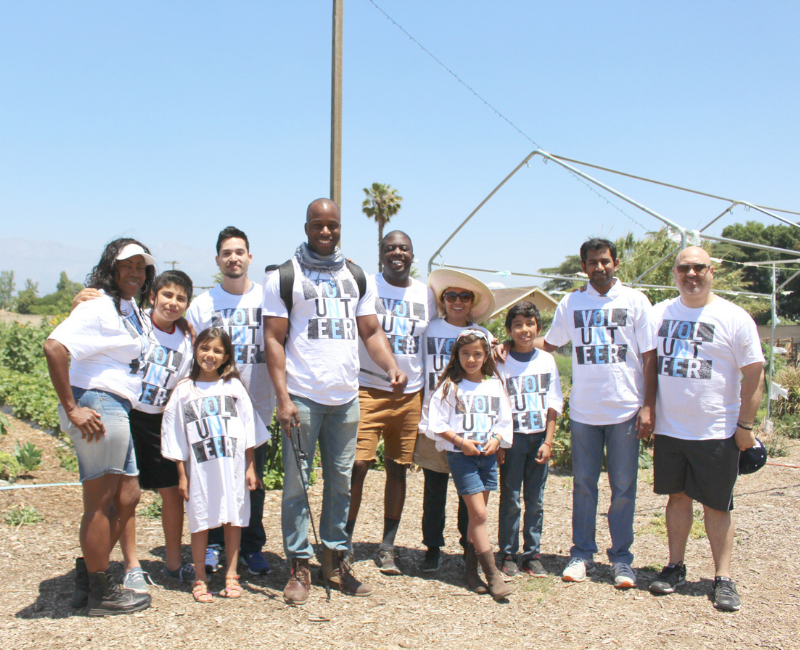
The DNA Project combines topical conversations, active working sessions, and farming education to highlight the importance and need for fresh organic produce in highly populated urban areas.
Supporters like you are completely transforming how families gain access to affordable fresh fruits and vegetables in urban communities. See what it is like to work side-by-side with other leaders in your community.
Creating a better world doesn’t become reality through the actions of a single person. It is a team effort and we are thankful for the organizations who have enabled us to increase our social good year-round.


